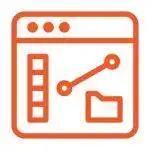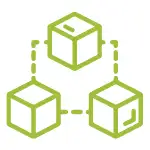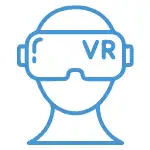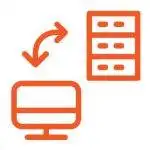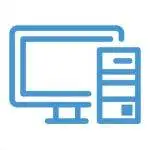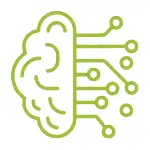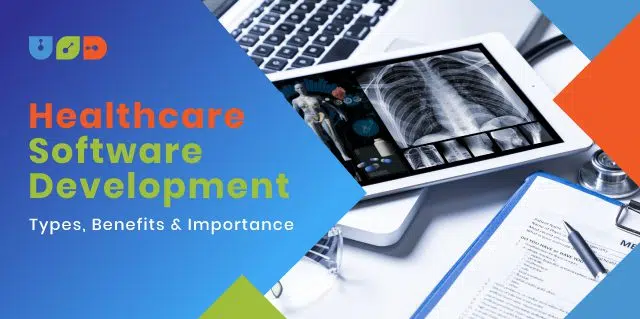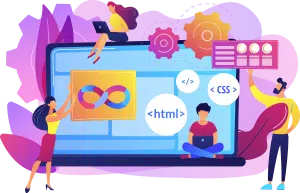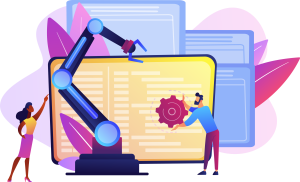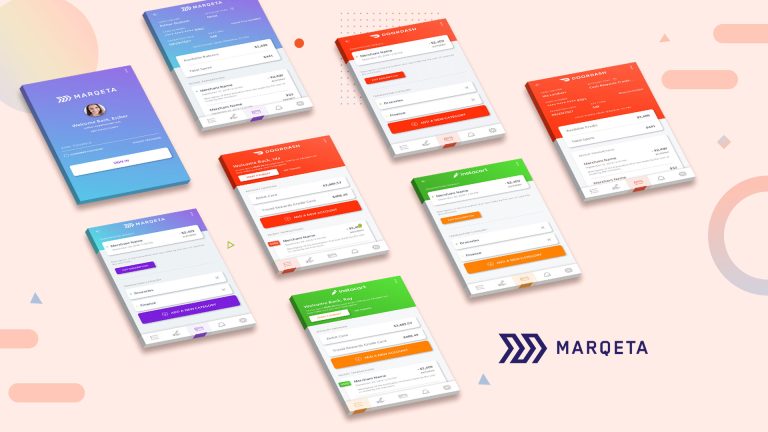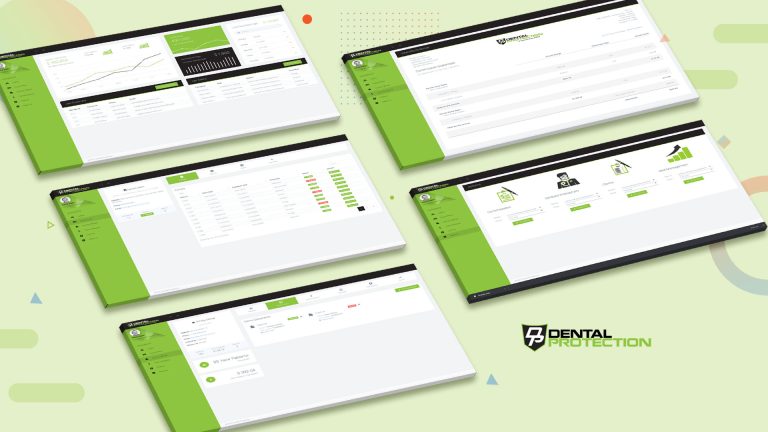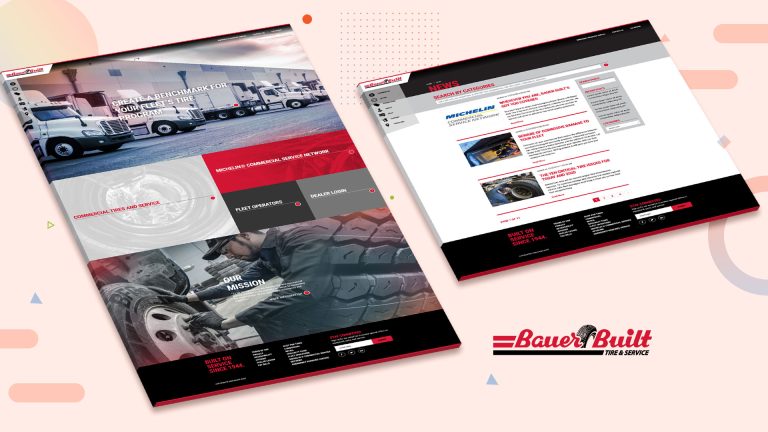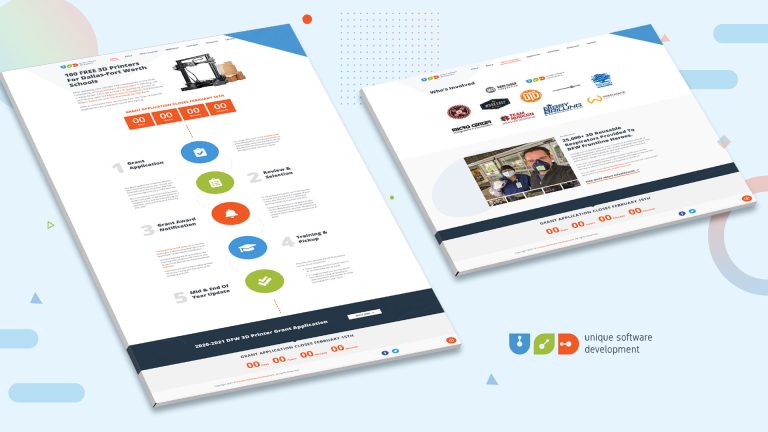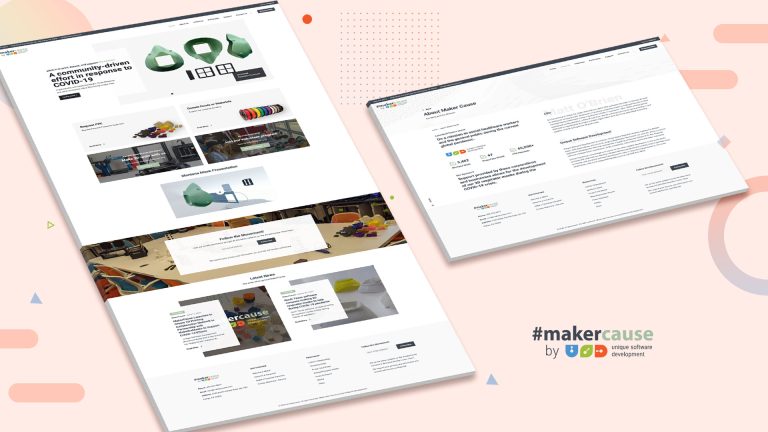Table of Contents
ToggleSoftware development in healthcare has revolutionized the way healthcare organizations operate, making processes more efficient and improving patient care. With the rapid advancements in technology, healthcare software development has become an integral part of the healthcare industry. It involves the creation, customization, and maintenance of software applications and systems tailored specifically for healthcare providers. This article explores the definition of healthcare software development, discusses various types of healthcare software, highlights the benefits it offers, delves into the cost considerations, and provides insights into the role of healthcare software development companies.
Healthcare Software Development Definition
Software development in healthcare refers to the process of creating, modifying, and maintaining software applications and systems that cater to the specific needs and requirements of the healthcare industry. This includes developing software solutions for electronic health records (EHR), medical billing and coding, telemedicine, healthcare analytics, patient management systems, and more. The objective of healthcare software development is to optimize processes, increase effectiveness, elevate patient treatment, and guarantee improved healthcare results.
Types of Healthcare Software Development
Software development in healthcare includes Electronic Health Record (EHR) systems, telehealth platforms, clinical decision support systems, medical imaging software, and health monitoring applications. These technologies enhance patient care, streamline operations, and drive innovation in the healthcare industry.
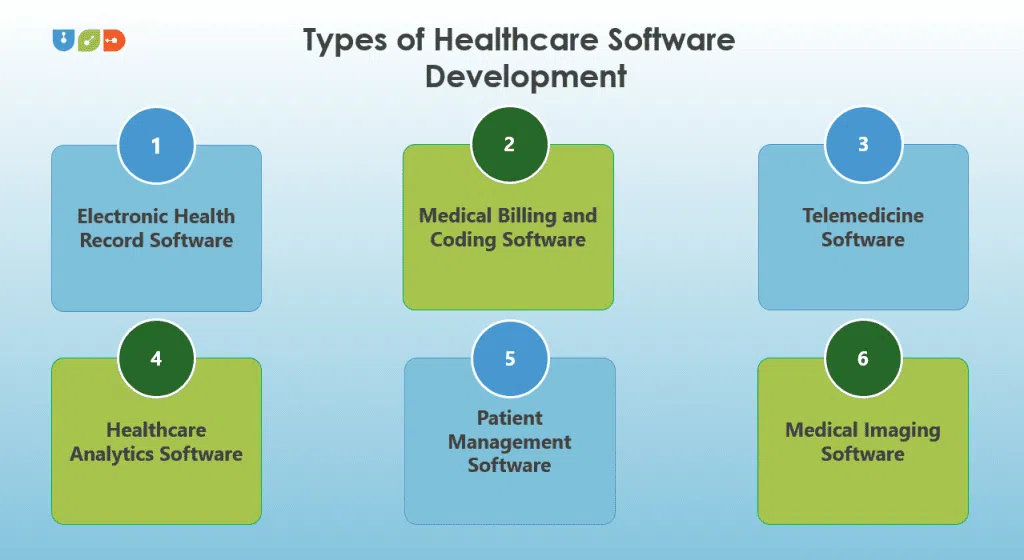
1. Electronic Health Records (EHR) Software
EHR software enables healthcare providers to store, manage, and access patients’ medical records digitally, replacing traditional paper-based systems. It allows for efficient record-keeping, real-time information sharing, and seamless coordination between different healthcare professionals.
2. Medical Billing and Coding Software
This type of software simplifies the complex process of medical billing and coding, ensuring accurate billing, reducing errors, and improving reimbursement cycles. It automates billing procedures, tracks claims, and assists in compliance with healthcare regulations.
3. Telemedicine Software
Telemedicine software facilitates remote healthcare consultations and enables patients to access healthcare services from the comfort of their homes. It includes features such as video conferencing, virtual examinations, and secure data sharing, expanding healthcare access to remote areas.
4. Healthcare Analytics Software
Healthcare analytics software utilizes data analysis techniques to derive meaningful insights from vast amounts of healthcare data. It helps in identifying patterns, predicting disease outbreaks, improving population health management, and making data-driven decisions.
5. Patient Management Systems
Patient management software streamlines the administrative tasks involved in managing patient appointments, scheduling, and medical records. It enhances patient engagement, reduces wait times, and optimizes resource utilization.
6. Medical Imaging Software
This software is designed for storing, analyzing, and sharing medical images, such as X-rays, CT scans, and MRIs. It improves the accuracy of diagnosis, enables remote image interpretation, and enhances collaboration among healthcare professionals.
Benefits of Healthcare Software Development
Healthcare s provides various advantages to the healthcare sector. By leveraging advanced technologies and innovative solutions, software development in healthcare enables efficient management of medical records, streamlined workflows, and improved patient care.
1. Enhanced Efficiency
Healthcare software automates repetitive tasks, reduces paperwork, and streamlines processes, resulting in improved efficiency and productivity for healthcare providers.
2. Improved Patient Care
Software applications designed for healthcare enable better patient monitoring, quicker access to medical records, and faster diagnosis, leading to improved patient outcomes and satisfaction.
3. Enhanced Data Security
Healthcare software development focuses on robust security measures to protect sensitive patient data from breaches and unauthorized access, ensuring compliance with privacy regulations like HIPAA.
4. Increased Accessibility
Telemedicine software and mobile health applications enable patients to access healthcare services from any location, bridging the gap between patients and healthcare providers, especially in remote areas.
5. Cost Savings
Healthcare software reduces administrative costs, eliminates paper-based processes, and optimizes resource allocation, leading to significant cost savings for healthcare organizations.
6. Decision Support
Healthcare software provides real-time data and analytics, enabling healthcare professionals to make informed decisions, identify trends, and improve healthcare delivery.
7. Streamlined Communication
Software applications facilitate seamless communication and collaboration among healthcare professionals, improving care coordination and reducing errors.
8. Regulatory Compliance
Healthcare software development ensures compliance with healthcare regulations, such as HIPAA, enabling healthcare organizations to meet legal requirements and avoid penalties.
9. Scalability and Customization
Healthcare software can be tailored to meet specific organizational needs, allowing for scalability as the organization grows and adapts to changing requirements.
10. Continuity of Care
Software applications enable the seamless transfer of patient information between healthcare providers, ensuring continuity of care and reducing the risk of medical errors.
Cost of Healthcare Software Development
The cost of healthcare software development varies based on factors such as complexity, functionality, customization, integration requirements, and development approach. Custom software development may involve higher upfront costs compared to off-the-shelf solutions, but it offers greater flexibility and tailored functionality. Additional costs include maintenance, updates, infrastructure, and training. However, investment in healthcare software development can yield long-term benefits, including improved efficiency, cost savings, and better patient care.
What Do Healthcare Software Development Companies Do?
Healthcare software development companies specialize in designing, developing, and implementing software solutions tailored specifically for the healthcare industry. They collaborate with healthcare providers to understand their unique requirements and develop customized software applications that address their needs. These companies have expertise in healthcare regulations, security measures, and interoperability standards to ensure compliance and seamless integration with existing systems. They offer services such as software consulting, web application development, system integration, testing, deployment, and ongoing support. Healthcare software development companies play a crucial role in empowering healthcare organizations with innovative technology solutions that enhance patient care and operational efficiency.
The Specifics of Healthcare Software Application Development
In the field of healthcare, software developers pay significant attention to the creation of user-friendly and visually appealing applications, particularly in the context of software development in healthcare. In today’s smartphone-dominated world, the emphasis on developing mobile apps has become increasingly important.
Within this context, the areas for improvement in software development in healthcare may encompass various aspects, such as an appointment system, a laboratory control platform, and a mobile app focused on nutrition. However, the specific design and range of features will depend on the level of sophistication desired and the specific requirements of the client.
By incorporating smartphone functionalities, the quality of medical services provided by healthcare apps can be significantly enhanced. Significantly, the characteristics of mobile healthcare applications can encompass GPS guidance to healthcare facilities, notifications regarding upcoming medical tests, and the ability to share files through digital libraries.
Medical apps can be classified into several groups, including:
- Apps for Doctors
These apps automate tasks such as medical prescriptions, patient visits, and communication among healthcare personnel.
· Apps for Patients
These apps provide options for making online appointments, accessing laboratory results, and receiving push notifications related to healthcare.
· Apps for Clinics
These apps enable control over finances, equipment, service quality, and data flow within a clinic or healthcare facility.
· Apps for Self-Care
These apps focus on fitness and nutrition tracking, assisting individuals in maintaining a healthy lifestyle.
· Apps for Health Control
This category comprises mobile health applications that aid in monitoring key bodily parameters and tracking the progress of medical treatments.
Conclusion
Software development in healthcare has emerged as a game-changer, transforming the way healthcare organizations deliver services and manage operations. With various types of healthcare software available, healthcare providers can leverage technology to streamline processes, enhance patient care, and achieve better healthcare outcomes. The benefits of healthcare software development are vast, including improved efficiency, enhanced patient care, cost savings, and streamlined communication. While the cost of development should be considered, the long-term advantages outweigh the initial investment. Healthcare software development companies play a vital role in designing and implementing tailored software solutions, ensuring healthcare providers can embrace technology to its fullest potential in delivering high-quality healthcare services.


